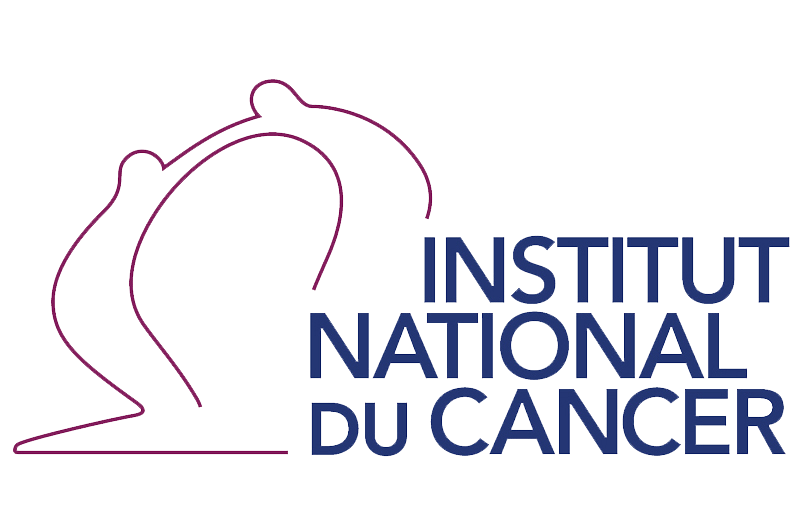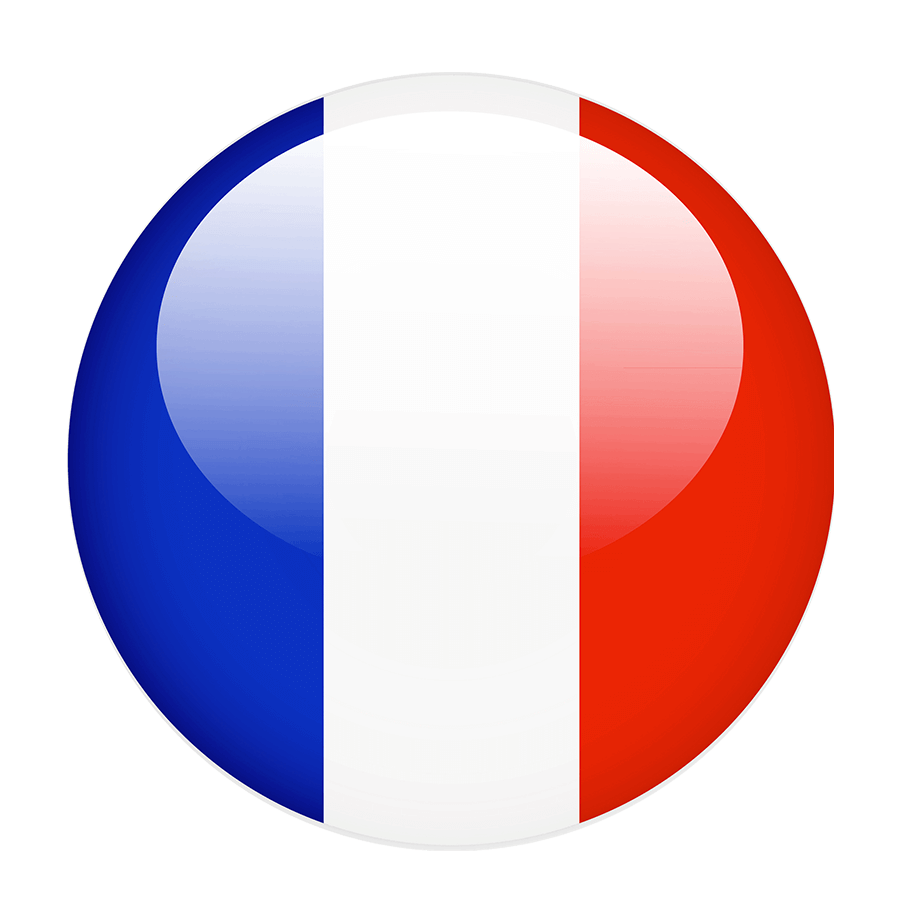Context
In 2022, the global incidence of esophagogastric cancers was estimated at 1,570,000 new cases (600,000 esophageal cancers, 970,000 gastric cancers), with a projection of over 2 million new cases by 2040.
Establishing a national prospective clinicobiological database for patients with esophagogastric cancer is a major challenge. FREGAT collects epidemiological, clinical, medical, surgical, tumor, and follow-up data, including aspects related to social and human sciences. Combined with a vast biological collection, FREGAT is a key tool for improving the understanding and management of these diseases.
Esophagogastric cancers are a major global health concern, with significant incidence rates worldwide. In Europe, France is among the most affected countries, reporting approximately 5,445 new cases of esophageal cancer and 6,500 new cases of gastric cancer in 2018. These two diseases share many risk factors and therapeutic challenges, highlighting the need for a unified research approach, as exemplified by the FREGAT initiative.
Although surgery remains the standard curative treatment, it is often insufficient to ensure long-term remission. Multimodal strategies are frequently required, combining surgery, endoscopy, chemotherapy, radiotherapy, and targeted therapies. Despite significant progress, patient survival remains limited due to several factors:
- Late diagnosis at an advanced stage,
- Incomplete or lack of response to treatments,
- Early recurrence after treatment,
- Significant deterioration in patients' quality of life.

Currently, therapeutic approaches remain generalized and rarely tailored to specific patient risk subgroups. Personalizing treatments remains a challenge, and therapeutic innovations are primarily evaluated within targeted clinical trials. Moreover, compared to other cancers, research on esophagogastric cancers is less developed, with relatively little interest from the pharmaceutical industry.
It is therefore urgent to intensify research on these cancers and to develop an ambitious tool capable of addressing the scientific challenges of today and tomorrow. Research must rely on a personalized approach, integrating clinical, biological, and tumor determinants associated with treatment resistance, while also considering epidemiological, social, and behavioral factors.

FREGAT aims to be a catalyst for esophagogastric cancer research. Members of the scientific community can submit a research project via the dedicated portal. Submit a project

Financial support :
Lorem ipsum : Pellentesque pellentesque eget tempor tellus. Fusce lacllentesque eget tempor tellus ellentesque pelleinia tempor malesuada. Lorem ipsum dolor sit amet, consectetur adipisicing elit. Sunt dignissimos, autem quaerat dolorem maiores placeat!



